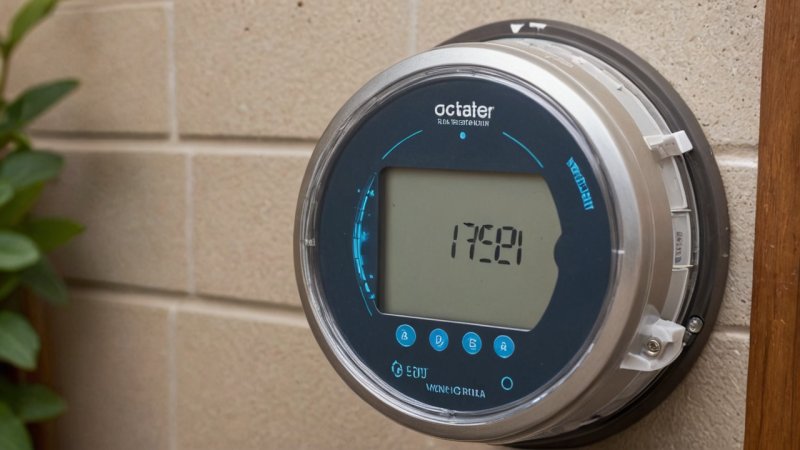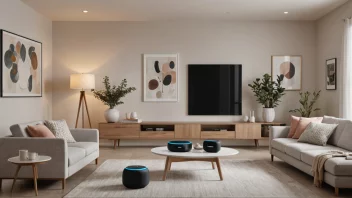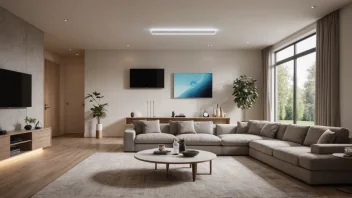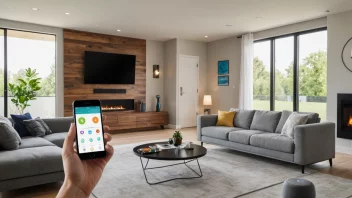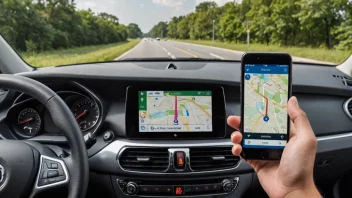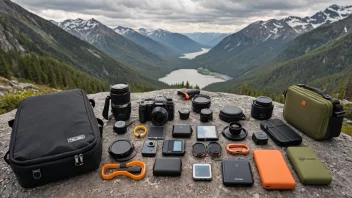In an age where technology plays a pivotal role in enhancing our daily lives, smart home devices have emerged as essential tools for optimizing efficiency. One area where these advancements can make a significant impact is in monitoring and controlling water usage. For men looking to manage their household resources better, understanding how to leverage smart technology for water conservation is crucial.
Water is one of our most precious resources, and with the increasing concerns about environmental sustainability, it's important to be mindful of how we use it. Smart water management devices can help track consumption, detect leaks, and even automate irrigation systems, ensuring that every drop counts. Here are some key points to consider when incorporating smart devices into your water usage strategy.
Firstly, smart water meters are an excellent starting point. These devices provide real-time data about your water consumption, allowing you to identify patterns in usage and make necessary adjustments. Many models come with smartphone apps that send notifications when usage exceeds a certain threshold, alerting you to potential leaks or unusual spikes in consumption.
Next, consider investing in smart irrigation systems. For men who enjoy gardening or maintaining a beautiful lawn, these systems can automate watering schedules based on weather conditions and soil moisture levels. By ensuring that your plants receive the right amount of water, you can save both water and money while keeping your outdoor spaces thriving.
Leak detection sensors are another invaluable addition to your smart home arsenal. These devices monitor areas where leaks are most likely to occur, such as under sinks or near water heaters. When they detect moisture, they can send alerts to your phone, allowing you to address the issue quickly before it escalates into a costly problem.
Furthermore, smart showerheads and faucets can help reduce water waste without sacrificing performance. These devices often come with features like flow rate control and usage tracking. By simply monitoring how long you spend in the shower or how much water you use while washing hands, you can make conscious decisions to cut back on unnecessary water usage.
Lastly, some smart home systems integrate multiple devices to create a comprehensive water management strategy. For example, linking your smart meter with your irrigation system can allow for automatic adjustments based on recent rainfall, ensuring that you’re not overwatering your garden.
In conclusion, monitoring and controlling water usage with smart devices is a practical approach to conserving one of our most vital resources. By utilizing smart water meters, irrigation systems, leak detection sensors, and efficient fixtures, men can take charge of their water consumption, protect their homes from potential damage, and contribute to a more sustainable future. Embracing these technologies not only enhances everyday life but also reflects a commitment to responsible living.
